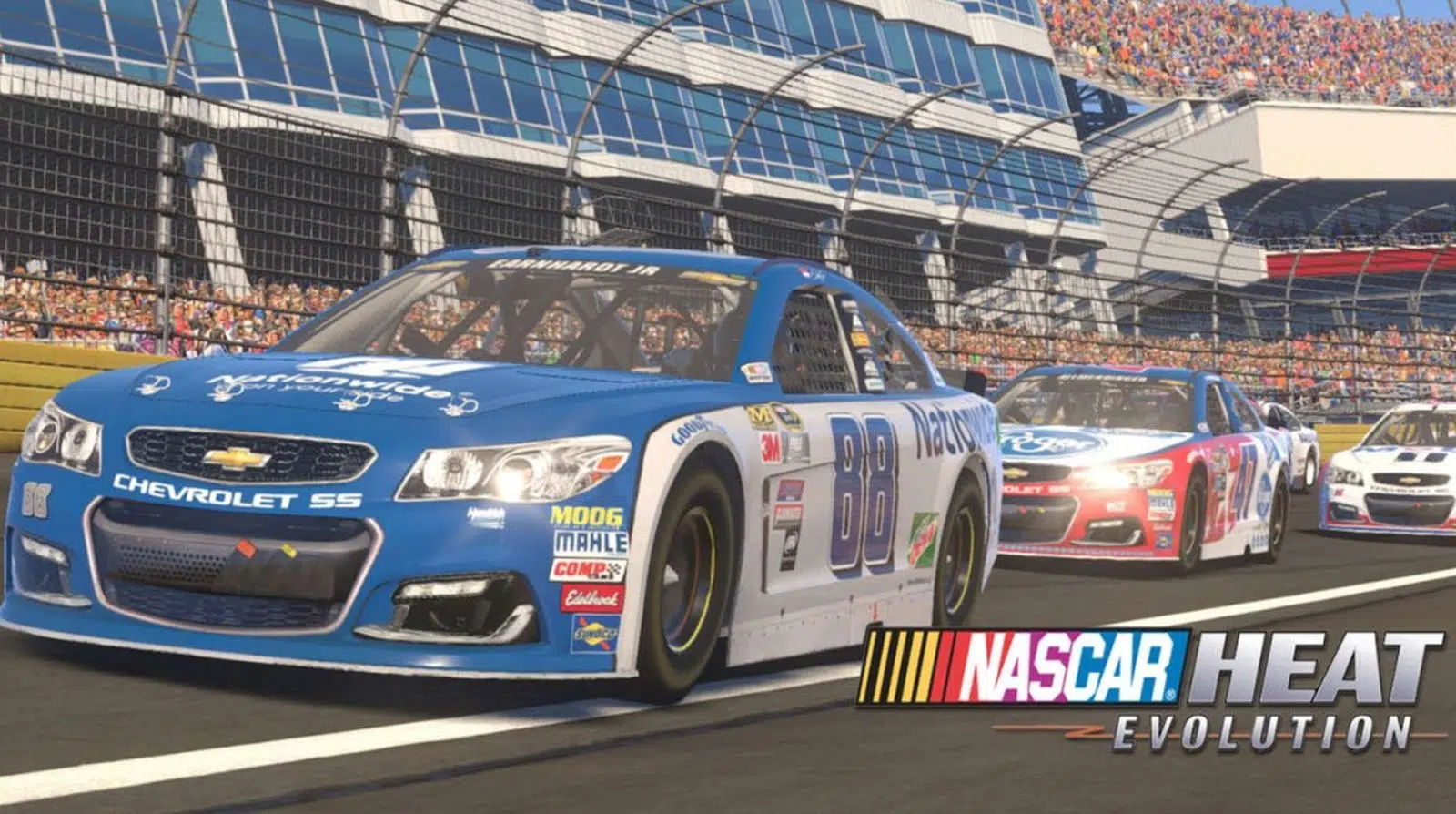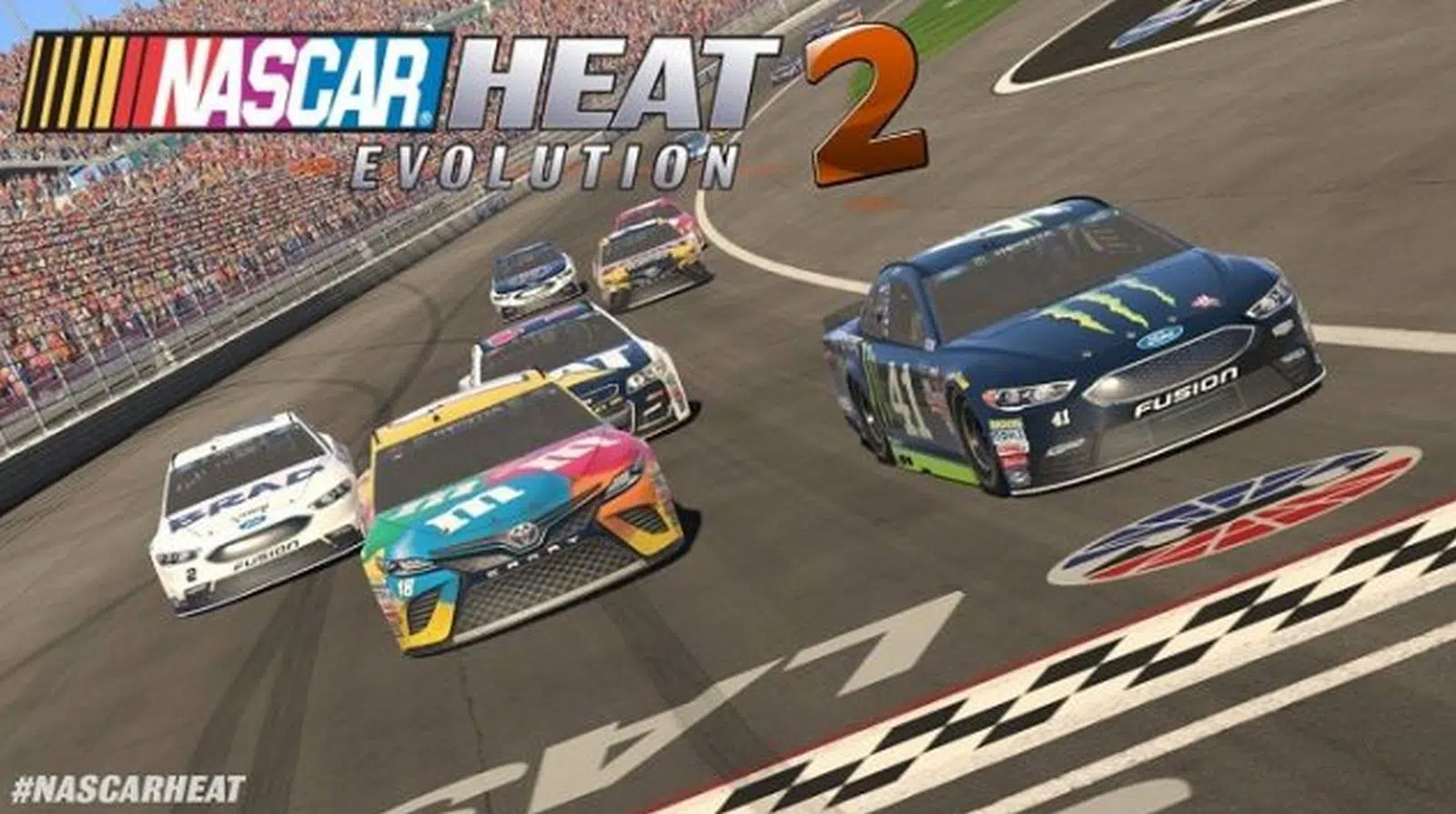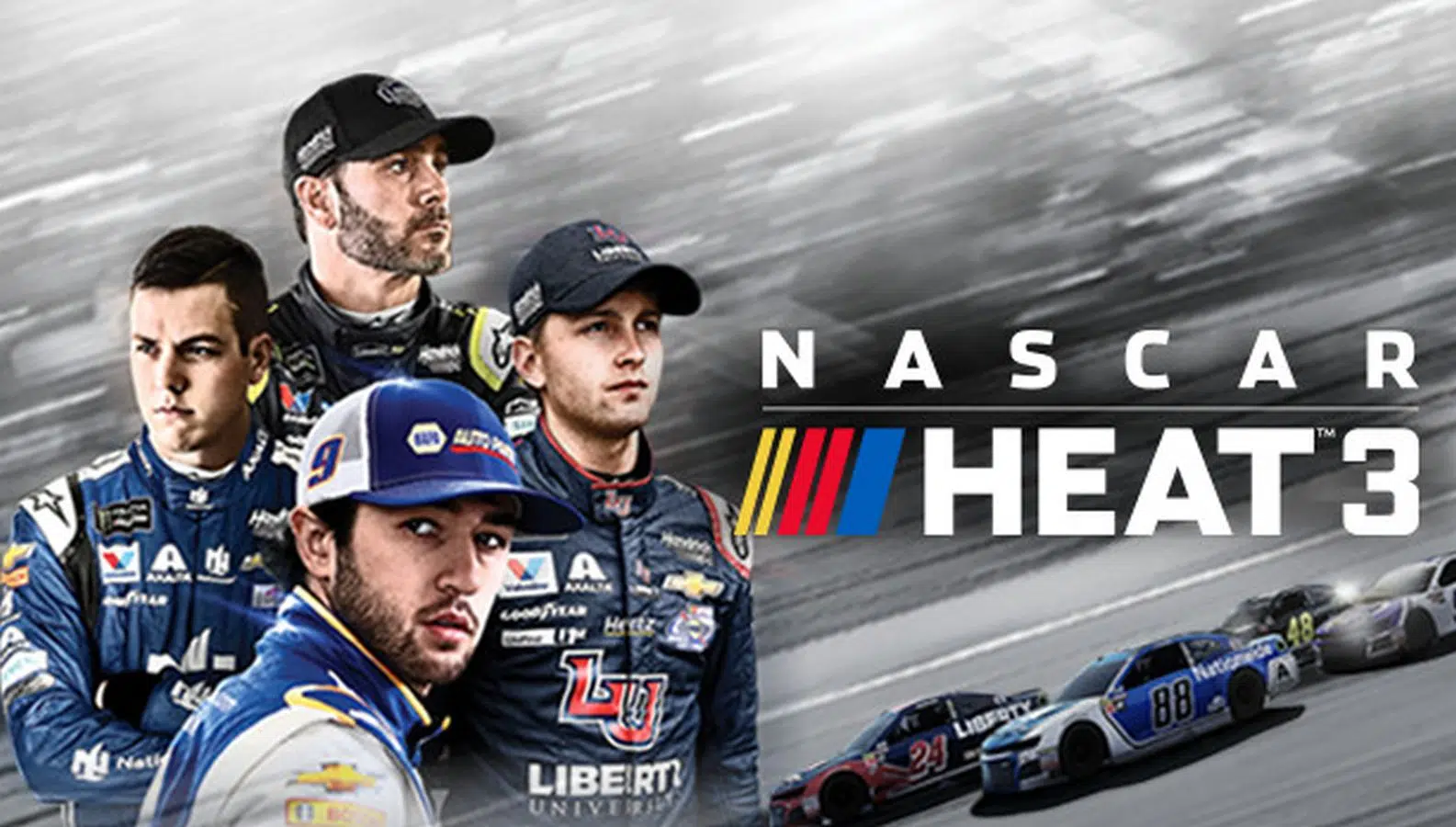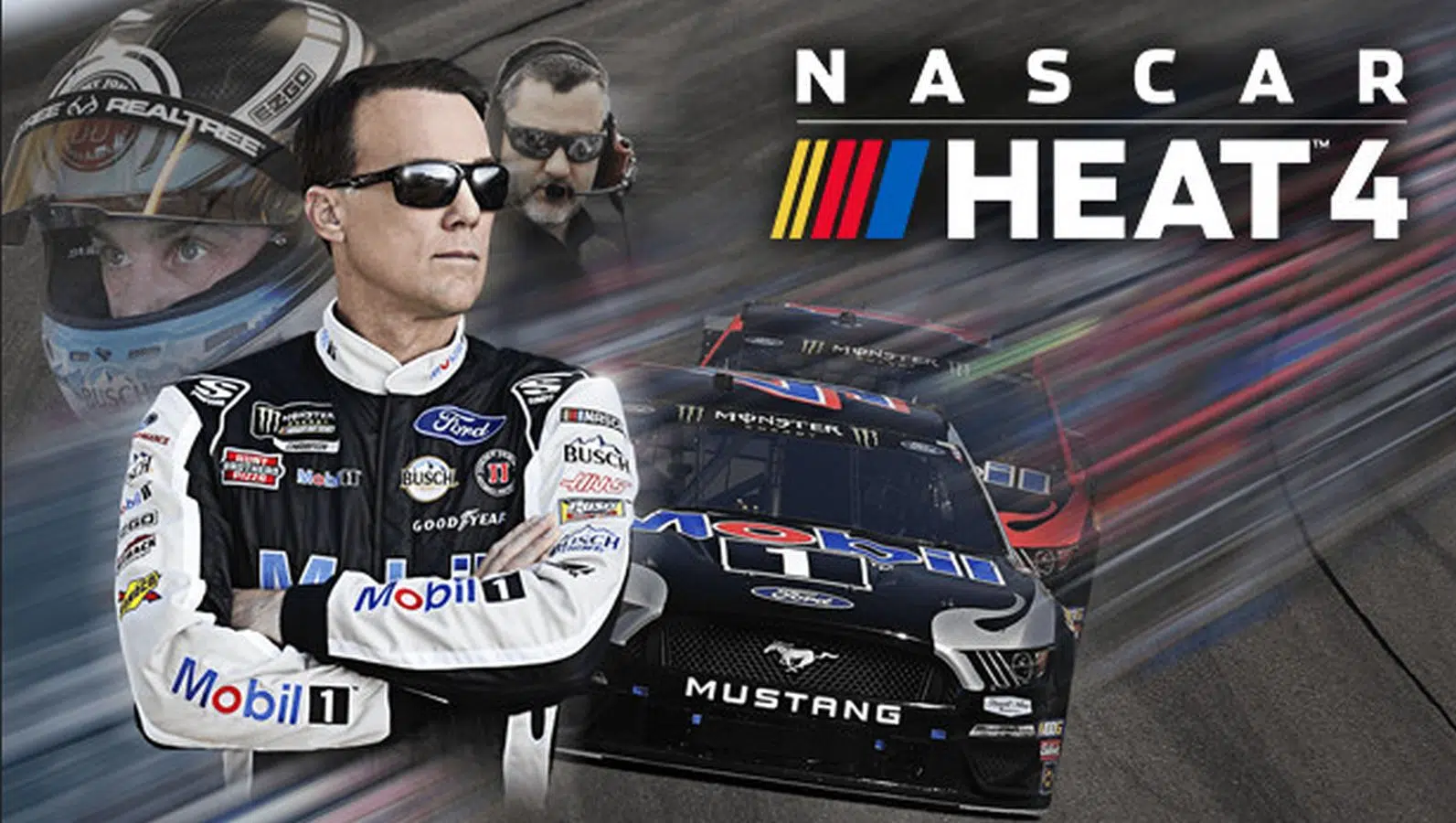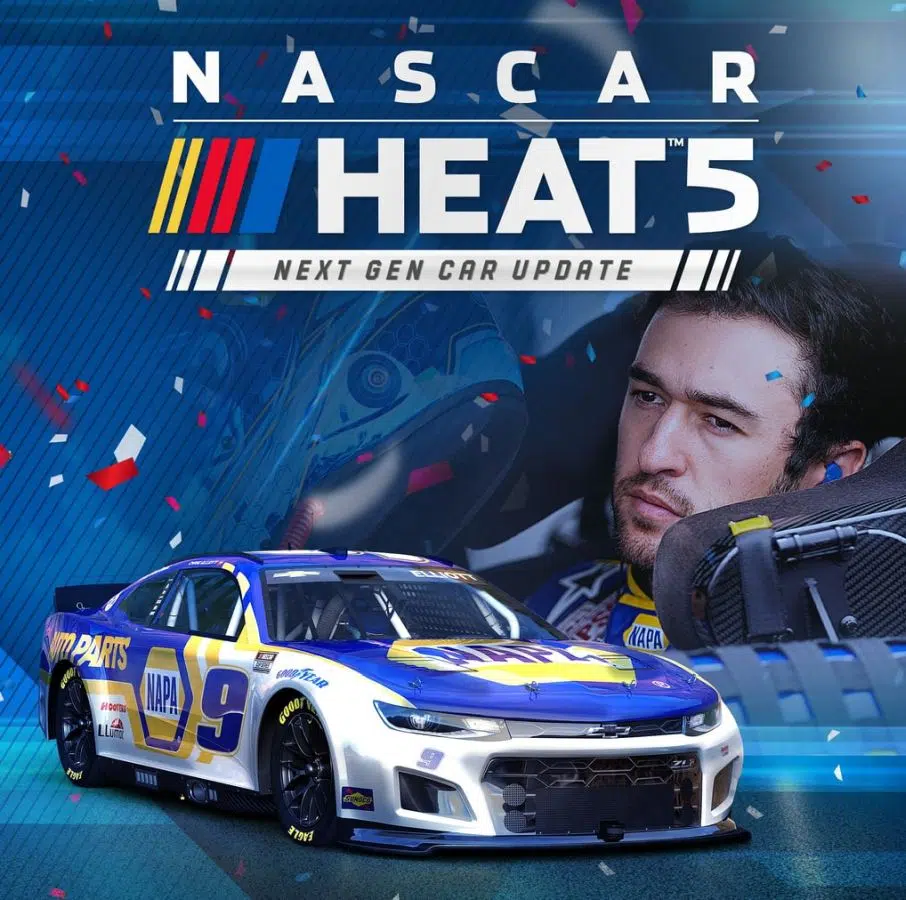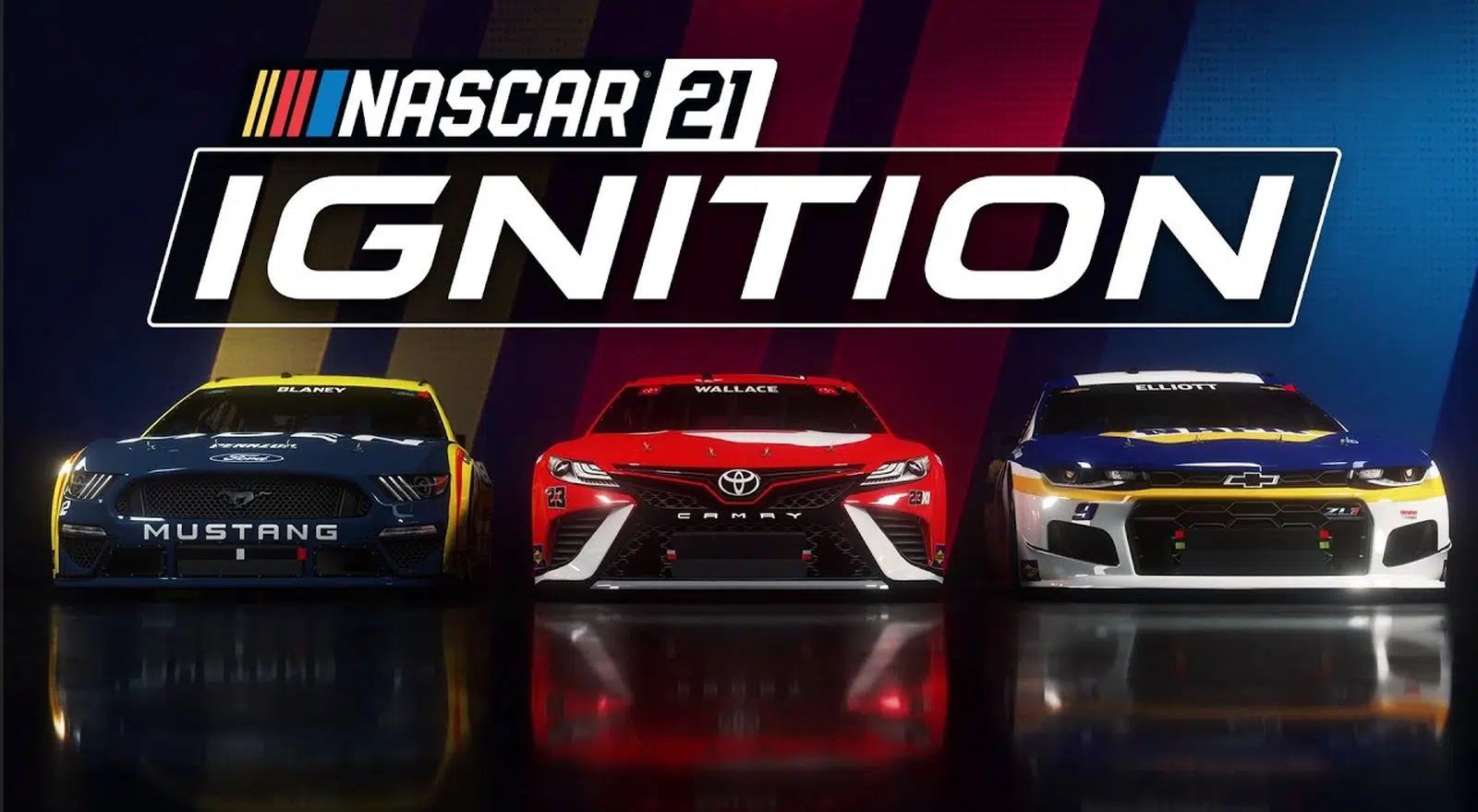Estimated reading time: 10 minutes
Motorsport Games is set to remove all NASCAR video games from digital storefronts by December 31, 2024. This marks a significant shift for the franchise as the exclusive license for NASCAR-themed simulation games transitions to iRacing. Fans of the long-running NASCAR video game series will no longer be able to purchase digital copies of these titles, signaling the end of an era and the beginning of a new chapter for NASCAR gaming.
Motorsport Games and Their NASCAR Titles
Through its subsidiary 704Games, Motorsport Games has been the developer and publisher behind several NASCAR titles. Over the years, the company has aimed to bring an authentic racing experience to players, featuring official teams, drivers, and tracks from NASCAR’s premier series. Despite varying degrees of success, these games maintained a loyal fan base. The titles set to be removed include:
- NASCAR Heat Evolution (2016): This game marked the return of NASCAR games to consoles, offering a fresh start for the series.
- NASCAR Heat 2 (2017): This sequel introduced expanded features, including more tracks, cars, and an enhanced career mode.
- NASCAR Heat 3 (2018): Known for improved graphics and deeper gameplay mechanics, this installment is built on its predecessors.
- NASCAR Heat 4 (2019): With refined physics and improved driving dynamics, this game elevated the franchise’s realism.
- NASCAR Heat 5 (2020): The latest in the Heat series, it provided the most comprehensive NASCAR experience to date.
- NASCAR 21: Ignition (2021): A reboot of the series featuring updated graphics and gameplay but received mixed reviews for technical issues.
- NASCAR Rivals (2022): Aimed at Nintendo Switch players, this title brought NASCAR racing to handheld gaming.
Here is a detailed look at each NASCAR title developed by Motorsport Games, showcasing their evolution and contributions to the genre.
NASCAR Heat Evolution (2016)
NASCAR Heat Evolution marked the return of NASCAR games to consoles, debuting as the first title developed by 704Games after taking over the license. Released on PlayStation 4, Xbox One, and PC, it sought to rejuvenate the NASCAR gaming franchise after years of dormancy. The game offered an accessible racing experience, featuring all official drivers, teams, and tracks from the NASCAR Sprint Cup Series. However, its features were relatively basic, with a limited career mode and rudimentary graphics compared to other racing games released at the time.
The game introduced a physics system that provided a straightforward, albeit arcade-like, driving experience, making it accessible for newcomers but leaving hardcore sim fans wanting more. The lack of features such as dynamic weather, advanced damage modeling, or a fully fleshed-out progression system drew criticism. Nevertheless, Heat Evolution laid the groundwork for the series, rekindling interest in NASCAR gaming among a loyal fan base.
NASCAR Heat 2 (2017)
Released a year later, NASCAR Heat 2 aimed to address the criticisms leveled at its predecessor while expanding the gameplay experience. One of the most significant additions was the inclusion of the NASCAR Xfinity Series and the Camping World Truck Series, allowing players to compete across three distinct racing tiers. This addition provided a more authentic representation of NASCAR, making career mode feel richer and more dynamic as players could now climb the ranks from local truck races to the prestigious Cup Series.
Multiplayer was another area of focus, with the introduction of split-screen mode for local multiplayer, a feature absent in many racing games of the era. Online matchmaking was also enhanced, providing smoother connections and more competitive gameplay. The physics and AI saw slight improvements, offering a better balance between arcade-style fun and realistic simulation. While not a complete overhaul, Heat 2 represented a substantial step forward, earning praise for its attention to detail and replayability.
NASCAR Heat 3 (2018)
NASCAR Heat 3 leveled up with dirt track racing, a fan favorite. The Dirt Tour mode offered a fictional regional series, adding variety to career mode. Career mode itself was enhanced with team management, letting players build and manage their own teams. This strategic layer impacted on-track performance.
The physics engine received further refinements, resulting in better handling and more realistic car behavior. Visuals also saw improvements, particularly in lighting and texture quality, making the game more immersive. The AI became more competitive and adaptive, providing challenging races across different difficulty levels. As a result, NASCAR Heat 3 was widely regarded as one of the best entries in the series up to that point.
NASCAR Heat 4 (2019
NASCAR Heat 4 represented a peak in the series, with a comprehensive overhaul of its physics engine and AI systems. This installment focused heavily on realism, providing players with a more nuanced driving experience. Cars felt distinctly different on various track surfaces, and players could fine-tune their setups to match specific racing conditions. These features catered to both casual players and hardcore racing enthusiasts.
The game also introduced a dynamic user interface that allowed players to monitor tire wear, fuel consumption, and other critical metrics in real time. Career mode saw enhancements with more detailed progression mechanics, including rivalries and alliances with other drivers. Visually, Heat 4 was a step above its predecessors, featuring sharper graphics and improved track details. Many fans and critics praised the game as the pinnacle of the Heat series, cementing its reputation as a standout NASCAR title.
NASCAR Heat 5 (2020)
As the final entry in the Heat series, NASCAR Heat 5 built on the strengths of its predecessors while offering incremental improvements. It included the most extensive roster of drivers, tracks, and teams from all three national series, making it the most content-rich title in the franchise. Career mode introduced new statistics tracking and a more in-depth progression system, allowing players to analyze their performance across seasons.
Multiplayer modes were refined, with dedicated servers ensuring smoother online experiences. While the game didn’t bring groundbreaking new features, it polished existing mechanics, delivering a stable and enjoyable experience. Critics noted that it felt more like an update than a fully-fledged sequel, but its reliability and comprehensive content made it a fitting conclusion to the Heat era.
NASCAR 21: Ignition (2021)
NASCAR 21: Ignition marked a departure from the Heat series, as Motorsport Games sought to reboot the franchise with a new engine powered by Unreal Engine 4 and rFactor physics. This upgrade aimed to deliver a visually stunning and immersive experience, with lifelike car models, detailed track environments, and enhanced weather effects. However, the game launched with numerous technical issues, including bugs, crashes, and performance problems, overshadowing its visual improvements.
Career mode was streamlined but lacked the depth seen in earlier games, and features such as split-screen multiplayer were notably absent. Despite these shortcomings, NASCAR 21: Ignition demonstrated potential with its high-quality graphics and focus on realism. Motorsport Games promised post-launch updates to address its issues, but the game struggled to gain traction among fans.
NASCAR Rivals (2022)
Targeting the handheld market, NASCAR Rivals brought the franchise to the Nintendo Switch, offering an accessible racing experience for portable gaming enthusiasts. The game retained the core elements of NASCAR racing, including official drivers, teams, and tracks, but scaled them down to fit the Switch’s hardware capabilities. Career mode was simplified yet enjoyable, allowing players to progress through a condensed version of NASCAR’s structure.
The controls were optimized for handheld play, offering a smooth and responsive driving experience. While it lacked the graphical fidelity and features of console titles, NASCAR Rivals succeeded in bringing NASCAR to a new audience, making it a solid option for fans seeking on-the-go gameplay. Critics appreciated the effort but noted its limitations in comparison to mainline entries.
The Impact on Players
The delisting of these titles means players can no longer purchase them on digital platforms such as PlayStation Store, Xbox Marketplace, and Steam. Players who own these games will still have access to them, including any downloaded content. However, this move underscores ongoing challenges in preserving digital games, particularly those tied to licensing agreements.
This change signals the end of a familiar and nostalgic era for many fans. Players who have followed the series for years now face uncertainty about the availability of NASCAR video games moving forward. Physical copies remain an option, but their availability is expected to dwindle as time passes, further complicating access for newcomers or collectors.
The Transition to iRacing
NASCAR’s gaming license transition to iRacing in October 2023 represents a significant turning point. Known for its industry-leading racing simulations, iRacing has long been synonymous with realism and attention to detail. The company’s acquisition of NASCAR’s gaming license positions it to redefine the series.
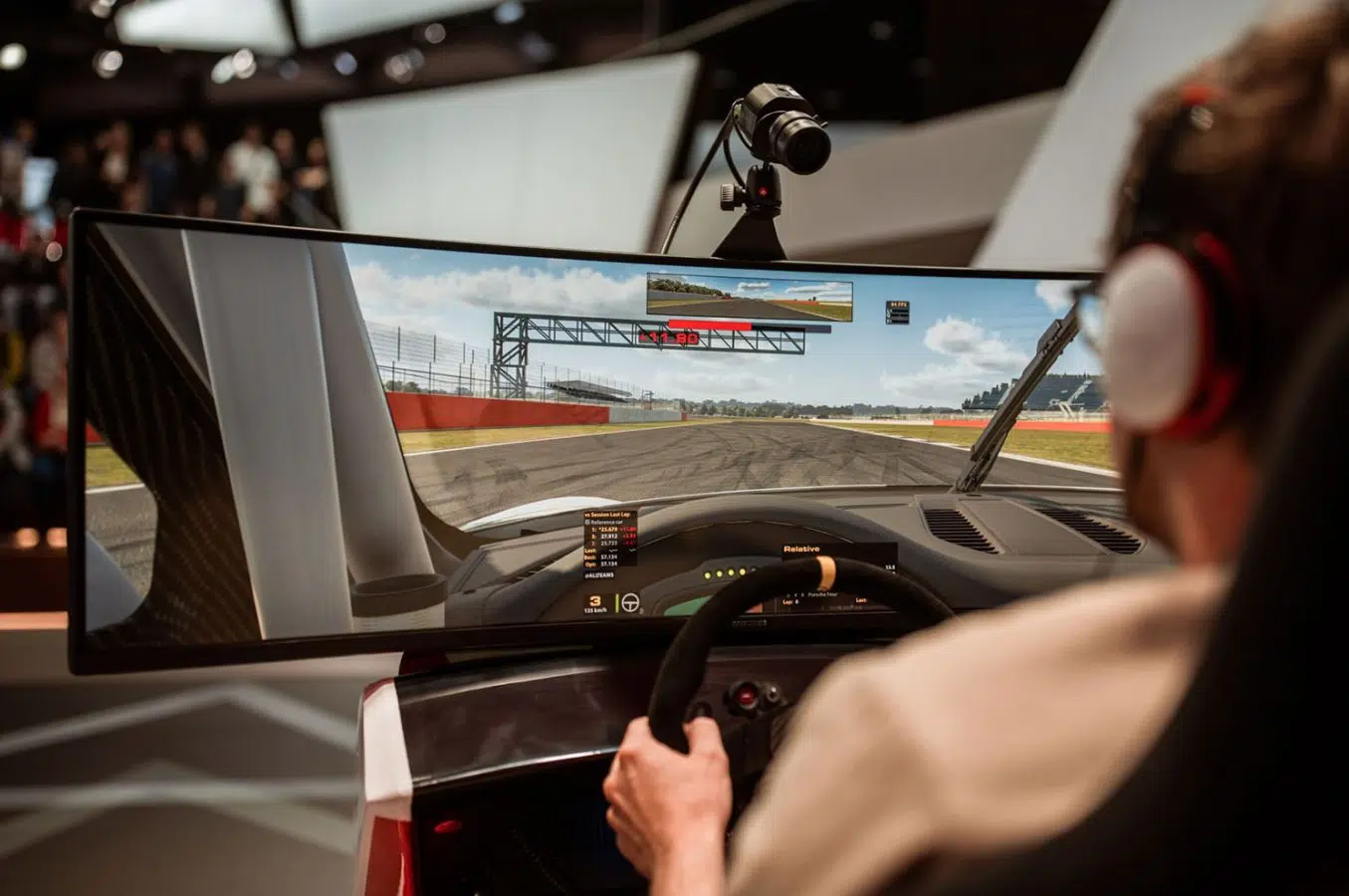
iRacing plans to introduce new projects, aiming to cater to hardcore racing enthusiasts and casual gamers. By combining NASCAR’s appeal with iRacing’s technical expertise, the company hopes to deliver a more immersive and authentic experience. This transition also raises expectations for future titles. Fans anticipate innovative gameplay, enhanced graphics, and new features that capitalize on the potential of modern gaming hardware. However, some casual players may find iRacing’s simulation-based approach more challenging than Motorsport Games’ titles.
Challenges and Opportunities
The removal of Motorsport Games’ NASCAR titles and the transition to iRacing highlights the complexities of licensing in the gaming industry. Licensing agreements often dictate a franchise’s direction, and changes like this can disrupt established fan bases. Developers and publishers must navigate these shifts carefully to retain player trust while introducing new experiences.
For Motorsport Games, losing the NASCAR license means focusing on other projects and adapting to a competitive market. For iRacing, the opportunity to expand NASCAR’s digital presence comes with high expectations. To succeed, the company must balance innovation with respect for NASCAR’s history and fan base.
Looking Ahead
As Motorsport Games phases out its NASCAR games, the spotlight shifts to iRacing’s future projects. The gaming community eagerly awaits details about new titles and iRacing’s vision for the franchise. With a reputation for excellence in simulation racing, iRacing has the potential to elevate NASCAR gaming to new heights.
This transition marks an end and a new beginning for NASCAR video games. Fans can look forward to fresh experiences while reflecting on the legacy of Motorsport Games’ contributions to the genre. For more news, stay tuned to the news section of our website.

